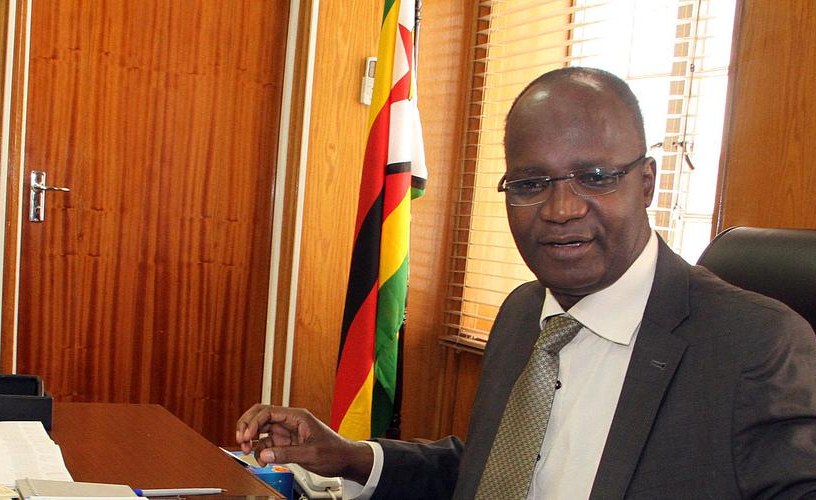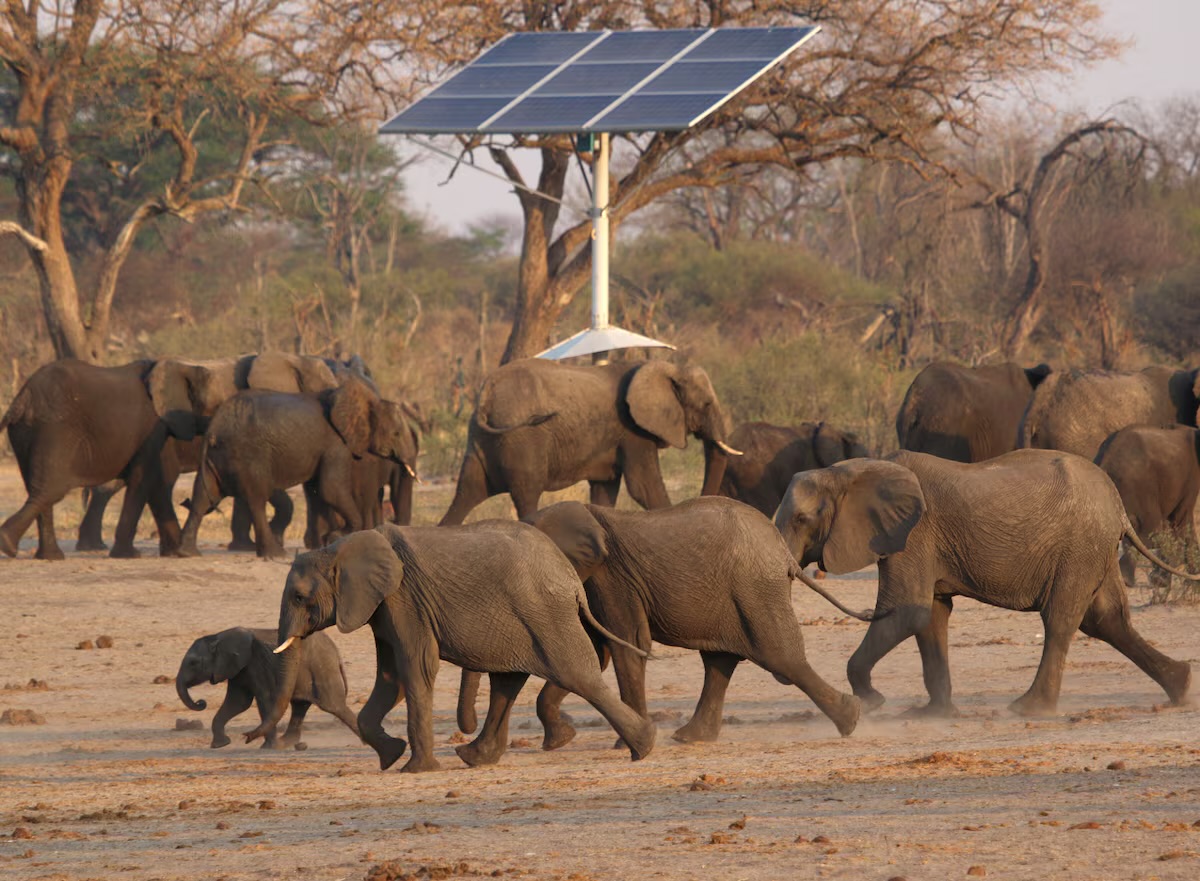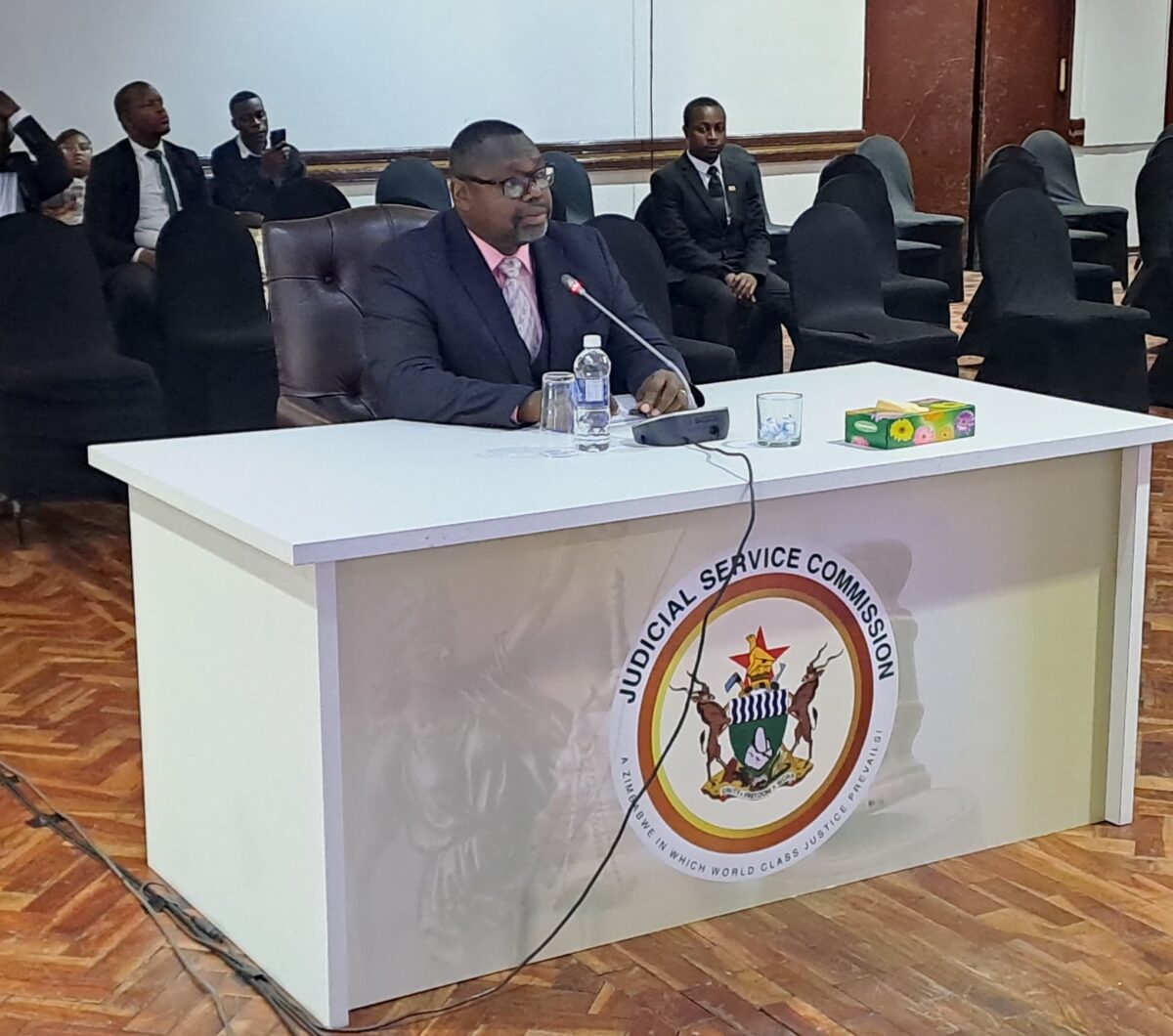BULAWAYO- Former information minister Professor Jonathan Moyo, who oversaw the introduction of legislation requiring motorists to pay for radio licences in 2001, has urged the government to scrap the law which he argues is outdated.
“The traditional premise of radio and television licence fees, based on mere possession of specific receiving devices like radios or TVs, is outdated due to digital convergence,” Moyo wrote on X, formerly Twitter, after the government introduced new measures for collecting the licence fee.
The new measures contained in the Broadcasting Services Amendment Act 2025 compel motorists to first acquire a radio licence before they can renew their vehicle licences with ZINARA or purchase vehicle insurance.
Moyo said the new collection arrangement was “a major breakthrough in its efficiency, but it has come almost a quarter of a century too late since the introduction of the car radio licence fee in 2001.”
Zimbabwe is the only country in the world that requires motorists to pay radio licence fees.
Moyo maintains that he still believes in public financing of public broadcasting but adds that it would be in both the public and national interest “to pause the implementation of the car radio licence in order not only to rethink it; but to also review the very idea of a radio and television licence in a digital world; with a view to coming up with a more suitable and mordenised, user friendly, alternative model of a single and comprehensive broadcasting licence fee model.”
He added: “The revolution in digital technologies has outdated car radio licences, which is why they have been vacated worldwide.
“In this connection, the government had, and still has, an opportunity to repeal the 2001 car radio fee as an outdated, no longer necessary, inconvenient, now unreasonable, and unfair tax burden.
“But this, of course, does not mean that the need for a single or unified broadcasting licence fee should be retired or abolished. Far from it.
“As good practice from around the world shows, the broadcasting licence fee remains necessary to support public broadcasting. The beneficiaries of a broadcasting licence fee should always be public broadcasters; not private broadcasters, who, in fact, need to be obligated to contribute to public broadcasting as part of their licence conditions.
“The challenge for a broadcasting licence fee nowadays is how to structure it, perhaps as a tax, taking into account the rapid and massive technological and social transformation taking place.”
Information secretary Ndavaningi Mangwana said the current information minister Jenfan Muswere was reacting to public criticism of the usurious $23-per-term or $92-per-year radio licence fees.
“Indeed there is need to look at the fees to be charged and the minister is seized with the matter and currently working on that,” he said in response to Moyo.
But Mangwana insisted that their intention was to “implement immediately” the new policy of collecting radio licence fees, saying this would “help the broadcasting industry to grow.”
He added: “Capacitation of Transmedia will mean that all broadcasters will indirectly benefit from the funds as the tarrifs charged by Transmedia will be reduced and hence improving the ease of doing business in the sector.
“Transmedia will also be capacitated in such a way that they will be able to deploy transmission infrastructure to unserved and underserved areas and hence benefiting broadcasters as well as Zimbabwean citizens to access broadcasting services.
“For signal distribution to all the sites accross the country for both TV and radio, satellite technology is being used and therefore there is need to pay for capacity reserved for the nation to service providers. The funds collected will be used to pay for this service thereby removing the high cost of operation on the broadcasters.”
Moyo said if the government insisted on forging ahead with the radio licence fee, the public would be entitled to demand that the fee be used for content development and production; and not for things like infrastructural projects or salaries.
Otherwise he said the jury “remains out on the way forward about how best to reform Zimbabwe’s current broadcasting licensing model in line with technological developments and social transformation; and in light of emerging best practices.”
Moyo argues: “Modern devices like smartphones, tablets, and computers are not only passive receivers but they are also active transmitters. This enables the creation and sharing of content in a manner that entirely bypasses the conventional broadcast spectrum bands, which does not require the passive consumption model that justifies traditional broadcasting licence fees — such as a car radio licence — as users or consumers are now part of the content ecosystem.
“This dramatic shift necessarily challenges the foundational logic of traditional broadcast licensing systems. In this regard, change is therefore unavoidable as it is inevitable; and the sooner it is embraced, the better for everyone concerned.”
ZINARA says an average 800,000 vehicles renew their licences annually, which could see over US$73 million raised per year from the radio licence fee.
















